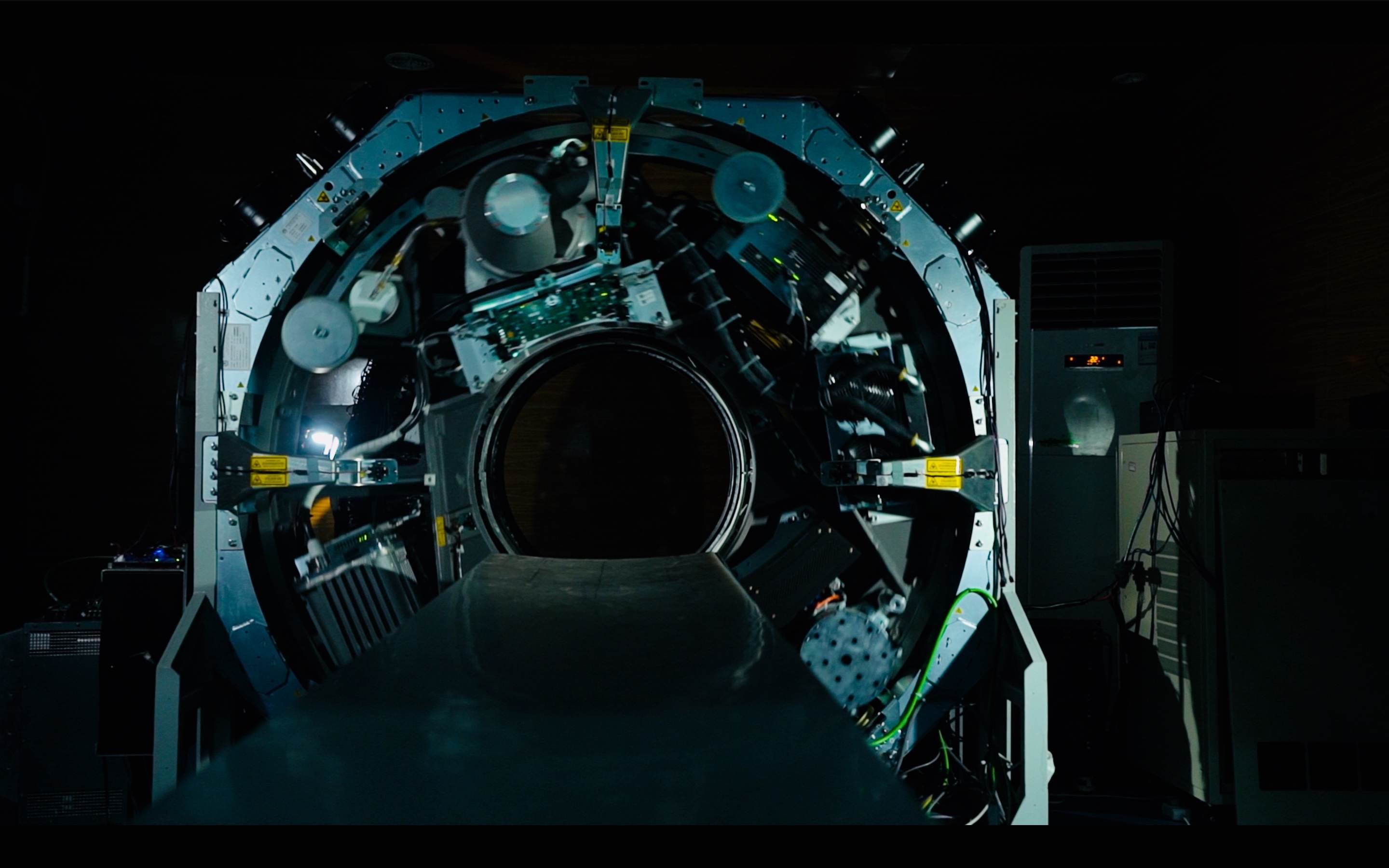04:29

All is not lost
Chen Jiayuan is participating in a trial involving patients with myeloma, a form of bone marrow cancer. Chimeric antigen receptor cell therapy, or CAR-T, works by hacking the body's biology. Though it's not yet officially approved in China, she believes it's her last chance.
CAR-T is at the cutting edge of biomedicine. It's an opportunity for China to advance to the forefront of the industry. Still in infancy, it's undergoing clinical trials in many Chinese hospitals. For Chen, the technology could be giving her a new meaning to the phrase: It can't hurt to try.
"I saw some patients being cured and this has given me some hope. It's not a terminal illness. Why can't I try it?" said Chen who is staying at the Union Hospital in central China's Wuhan Province.

Chen Jiayuan is taking a chimeric antigen receptor cell therapy, known as CAR-T, which works by hacking the body's biology. /CGTN Photo
Chen Jiayuan is taking a chimeric antigen receptor cell therapy, known as CAR-T, which works by hacking the body's biology. /CGTN Photo
Doctors believe delayed treatment is a key factor in the low survival rate of cancer patients. Besides therapies like CAR-T, what's urgently needed is a means for early detection. And scientists at the Huazhong University of Science and Technology think they're on the right track, as their breakthrough may bring a fundamental change to global cancer treatment.
A new weapon against cancer
Professor Xie Qingguo and his international team have developed an all-digital PET device, which can achieve accurate sampling of ultrahigh-speed signals, without using analog electronics, something impossible for traditional sampling. It's one of the leading bio-technologies to come out of China. With such technology, China may have a better chance of securing a place in the global high-end medical equipment industry.

China's self-developed medical imaging device PET/CT has entered the final clinical trial. PET/CT is a new type of medical imaging device that combines positron emission tomography with computed tomography – two diagnosis and treatment technologies. /CGTN Photo
China's self-developed medical imaging device PET/CT has entered the final clinical trial. PET/CT is a new type of medical imaging device that combines positron emission tomography with computed tomography – two diagnosis and treatment technologies. /CGTN Photo
"I regard our full Digital PET as a new generation Positron Emission Tomography," said Professor Xie.
"Digital Positron Tomography is going to the direction of personalized medicine, which is the frontier of medicine and biology. And that's unique," said Professor Nicola D'ascenzo, also with the Huazhong University of Science and Technology.

Scientists at the Huazhong University of Science and Technology, developed the world's first digital positron emission tomography (PET). The medical imaging device which helps doctors detect cancer and brain diseases is expected to better fight serious illnesses at a lower cost. /CGTN Photo
Scientists at the Huazhong University of Science and Technology, developed the world's first digital positron emission tomography (PET). The medical imaging device which helps doctors detect cancer and brain diseases is expected to better fight serious illnesses at a lower cost. /CGTN Photo
China aims to become the world's new destination for cancer cell therapies and other evolving technologies, such as the PET scan. The push for innovation comes from the government strategy, with the biotech industry receiving special attention. This is giving new hope in the fight against the number one killer disease in this country.





